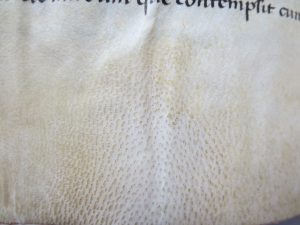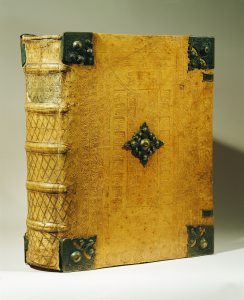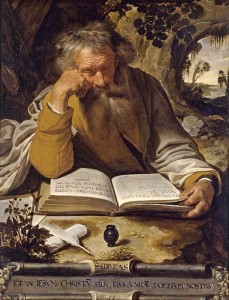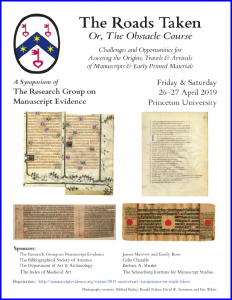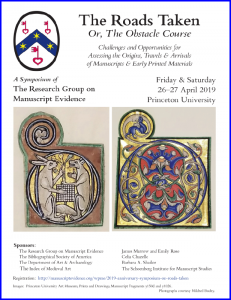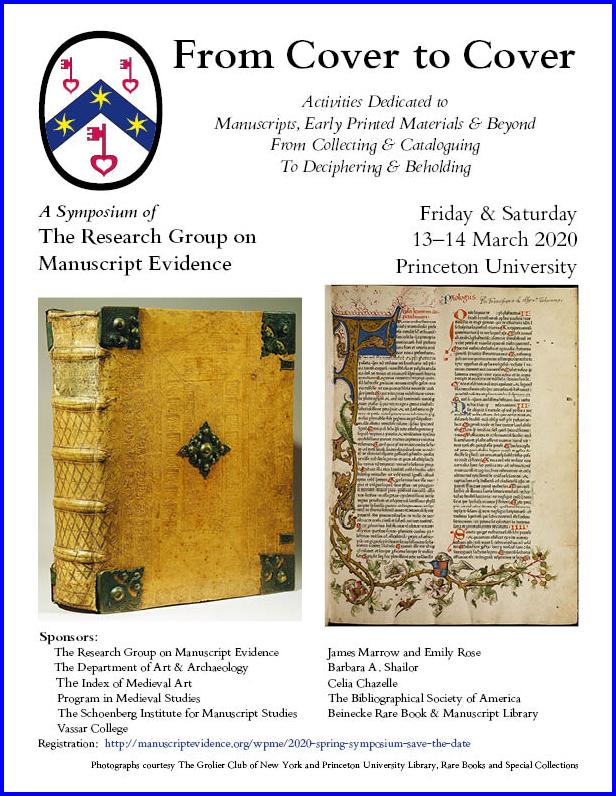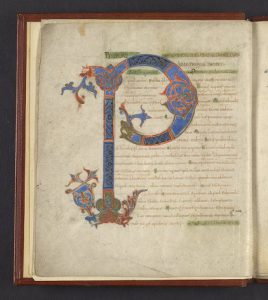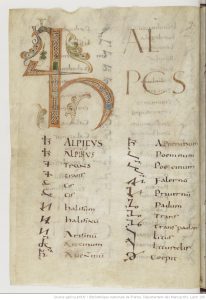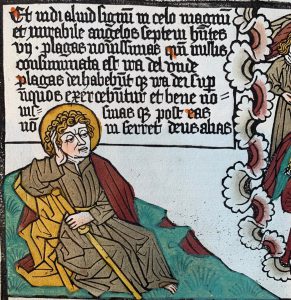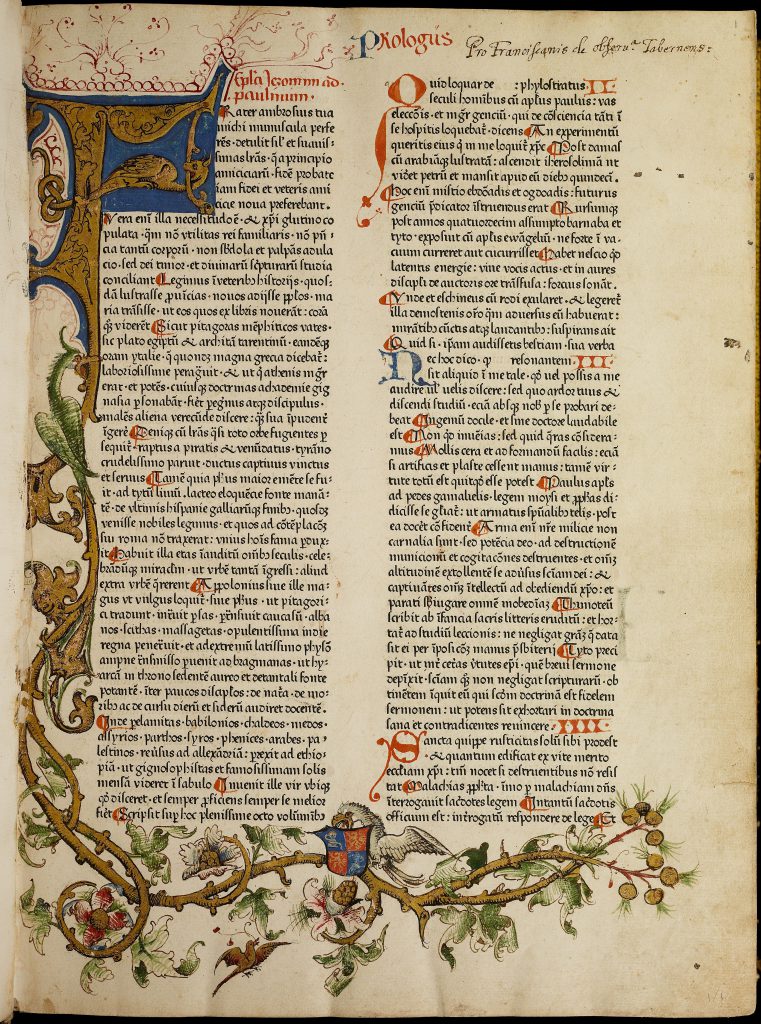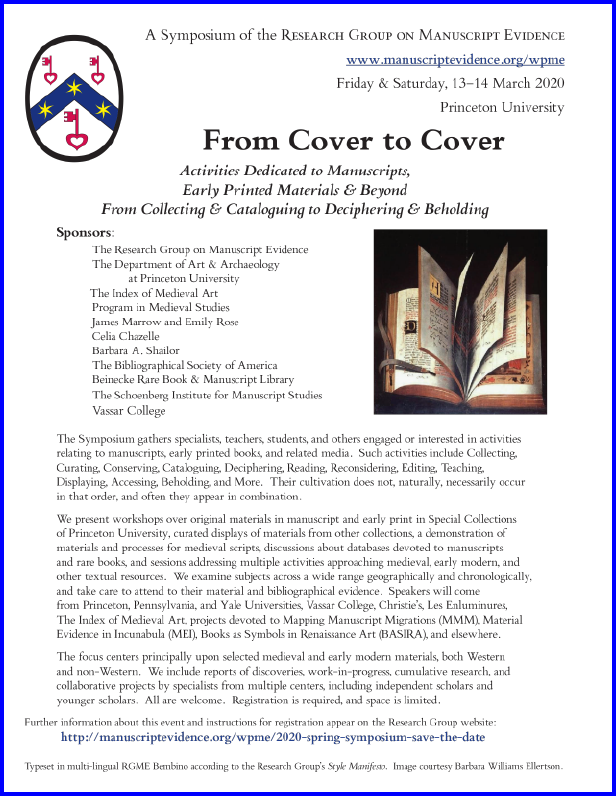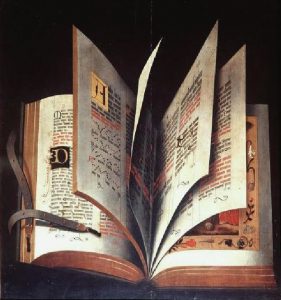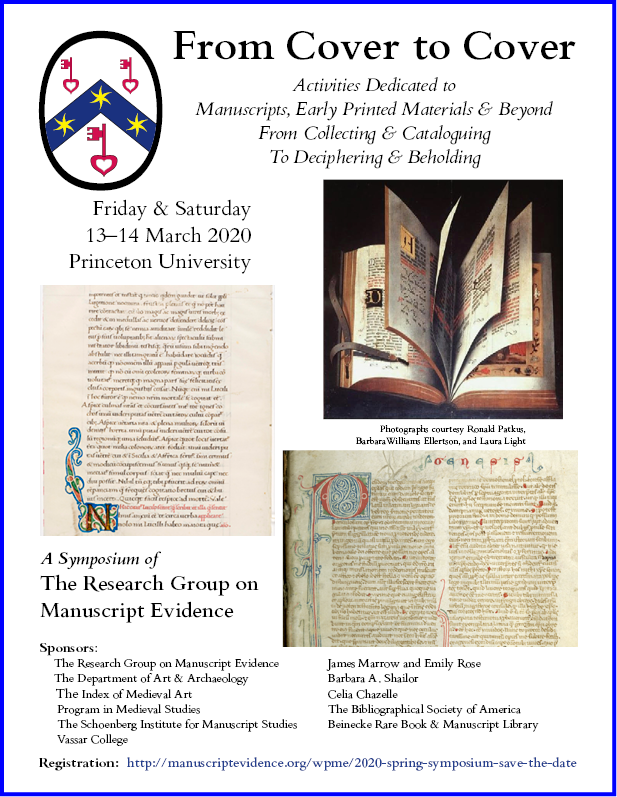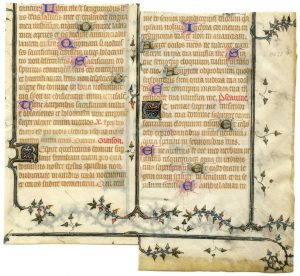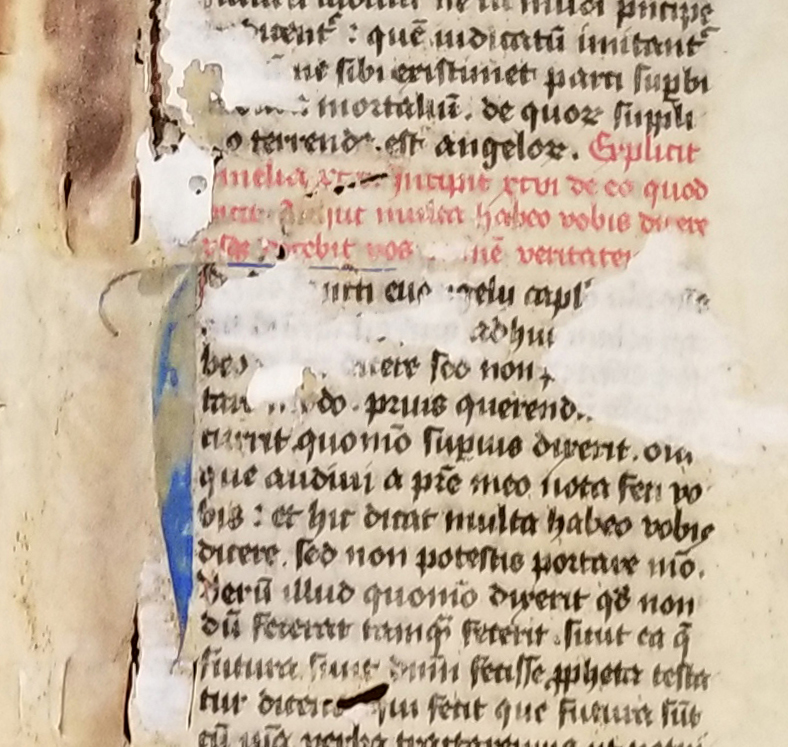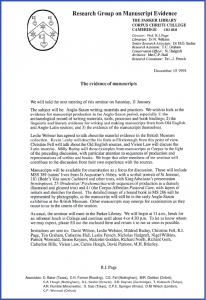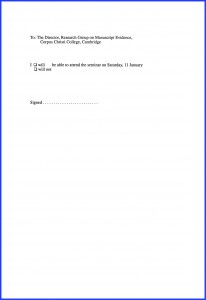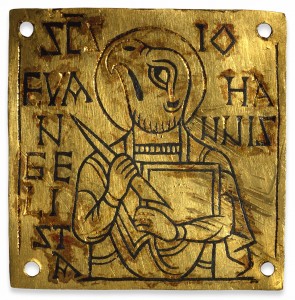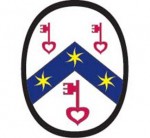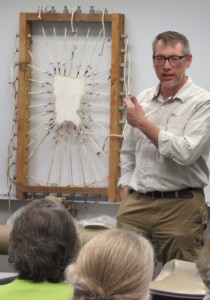2023 International Congress on Medieval Studies: Program
January 15, 2023 in Conference, Conference Announcement, International Congress on Medieval Studies
2023 International Congress on Medieval Studies: Program
58th ICMS (11–13 May 2023)
To occur in a transitional ‘hybrid’ form
with Sponsored and Co-Sponsored Sessions
— to be held either in person or online (with some options) —
and with an Open Business Meeting
and Co-Sponsored Reception
[Posted on 17 January 2023, with updates]
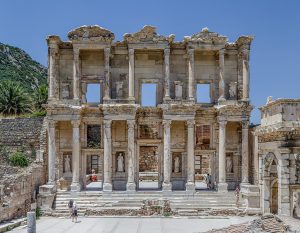
Façade of the Celsus library, in Ephesus, near Selçuk, west Turkey. Photograph (1910): Benh LIEU SONG, via Creative Commons.
Building upon the successful completion of our activities at the 2022 ICMS (see our 2022 International Congress on Medieval Studies Program), we announce our Activities for the 2023 International Congress on Medieval Studies, following our Preparations for them, with the completion of the Call for Papers (15 September 2022) and the selection and submission of the Programs for our Sessions (by 15 October 2022).
For information about the Congress, registration for it, and the current version of the 2023 Congress Program (plus the extra Corrigenda), see the Congress website.
With the turn of the calendar year toward the year of the Congress, we published the selected Programs for our Sessions and announced our other Activities, while we awaited the promulgation of the official Schedule for the 2023 Congress as a whole. With the publication of a Sneek Peak for the Congress Program, we can add the times and venues for our Sessions. As the Congress approaches, new information guides additional features of our planning, with Virtual options now possible for some of our In-Person events, through extra arrangements by the RGME.
This year, with some Sessions on line and some in person in a transitional ICMS, we prepare six Sessions, an Open Business Meeting, and a Reception. Our co-sponsors:
- Societas Magica: 2 Sessions and the Reception
- Schoenberg Institute for Manuscript Studies (SIMS): 2 Sessions
- Polytheism-Oriented Medievalists of North America (P.-O.M.o.N.A.): 1 Session
- Index of Medieval Art at Princeton University: Reception
This year marks Year 19 of our co-sponsorship with the Societas Magica; the second (non-consecutive) year of co-sponsorship with POMONA, the third of co-sponsorship with the Index of Medieval Art, and the first year of co-sponsorship with SIMS.
As always, we thank the host, organizers, co-sponsors, presiders, speakers, respondents, advisers, and participants for our activities at the Congress, along with the Congress staff and support staff.
Here we list our Sessions (arranged in the order in which they are scheduled for the Congress), with the Links to the Abstracts for the individual Papers, then turn to our other Activities (Open Business Meeting and Reception). A Note on our Congress Sessions describes the Indexes of the Abstracts for Papers as published on our website, listed both by Alphabetical order of Author’s Surname and by Year.
Logistics
This year, the partly in-person, virtual, and hybrid modalities to the Congress add to the complexity, tasks, resources, and expenses for preparing for our events there. The complexity encourages us to create more flexible and resourceful our arrangements for some events held in person or virtually, so as to accommodate attendance in these different modalities directed by the Congress, while any fully hybrid event is not permitted for us in the arrangements by this online/offline Congress.
1) Optional RGME Zoom Meeting Room in live time for some In-Person events. For Congress participants unable to travel to the place, but registered for the Congress, we offer an optional Virtual Meeting Room by RGME Zoom subscription. In this way, an In Person Congress event might be accessed virtually — with registration for each of them through our RGME Eventbrite Collection.
We provide the RGME Zoom option (by specific registration, without charge) for
- our In Person Open Business Meeting on Thursday lunchtime and
- our pair of co-sponsored In-Person Sessions on Saturday afternoon.
2) Especially Reserved In-Person Room for In-Person Attendees of the Congress who will log-on to our Virtual Sessions. These reserved rooms are prepared (in different, but adjacent, buildings) for:
- our first, Virtual Session on Thursday morning, with an In-Person option (Session 50 / Schneider 1220)
- the pair of our co-sponsored Virtual Sessions on Thursday afternoon, with In-Person option (Sessions 87 + 137 / Fetzer 1030)The second dedicated room is located a few steps away, on the same floor, in the same building, from the two In-Person events before and after that pair of Sessions, namely the Open Business Meeting and the Reception.
Details below, including information about how to register with us for the access by Zoom for the In-Person events.
In brief:
Day 1 of the Congress (Thursday 11 May) has a full set of events. They open with the Morning Session, lead to the RGME Open Business Meeting (with lunch provided), follow with a pair of Sessions, and round out with the co-hosted Reception.
- Session 50 on “Words as Agents”
held Virtually from 10:00-11:30 am EDT (GMT-4)
— with In-Person option: By arrangement, Schneider 1220 is reserved for us for that time period for those attending the Congress in person, to be able to gather for accessing the online Sessions with their own computers
- RGME Open Business Meeting
held In Person in Fetzer 1035 from 12:00-1:00 pm EDT, with catered lunch (donations are welcome)
— We recommend registering if you plan to attend in person, so that we could know how many to expect.
In Person Reservation for RGME Open Business Meeting
— We also offer the option to attend virtually through the RGME (not via the Congress), for Congress participants unable to travel. With your registration for the event itself, we will send the Zoom link ahead of time.
Virtual Registration Option for RGME Open Business Meeting - Sessions 87 and 137 on “The Eloquence of Medieval Book Bindings”, Parts 1-2
(“Bindings from German Lands” and “Diverse Regional Techniques”)
held Virtually from 1:30-3:00 pm and 3:30-5:00 pm EDT (GMT-4)
— with In-Person option: Fetzer 1030 is reserved for us for the afternoon for those attending the Congress in person, to gather for accessing the online Sessions with their own computers
Update on 7 May: The order of the three Papers in Session 87 is changed from that advertised in the Congress Program Booklet. The Paper by William H. Campbell, formerly in first position, has moved to third, as indicated below. - Co-hosted Reception
held in Person in Fetzer 1035-1045 from 5:30-7:00 pm EDT (GMT-4).
For the RGME Open Business Meeting held In Person, open to to Congress attendees, it would help us to know how many to expect if you would please register for it through the RGME Eventbrite collection. See below.
Day 3 of the Congress (Saturday 13 May) has a pair of Sessions.
- Sessions 369 and 419 on”Moving Parts and Pedagogy”, Parts I–II (“Teaching Magic and Other Occult Arts” and “Teaching Astrology and Other Liberal Arts”)
held In Person in Fetzer 2040 from 1:30-3:00 pm and 3:30-5:00 pm EDT (GMT-4)
(If requested, we will set up an RGME Zoom Room for these Sessions.)
Note: If you have questions about these arrangements, we apologize for the complexity, and ask that you contact [email protected]. Safe travels!

